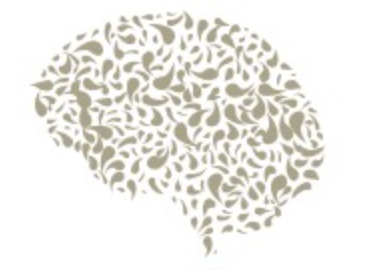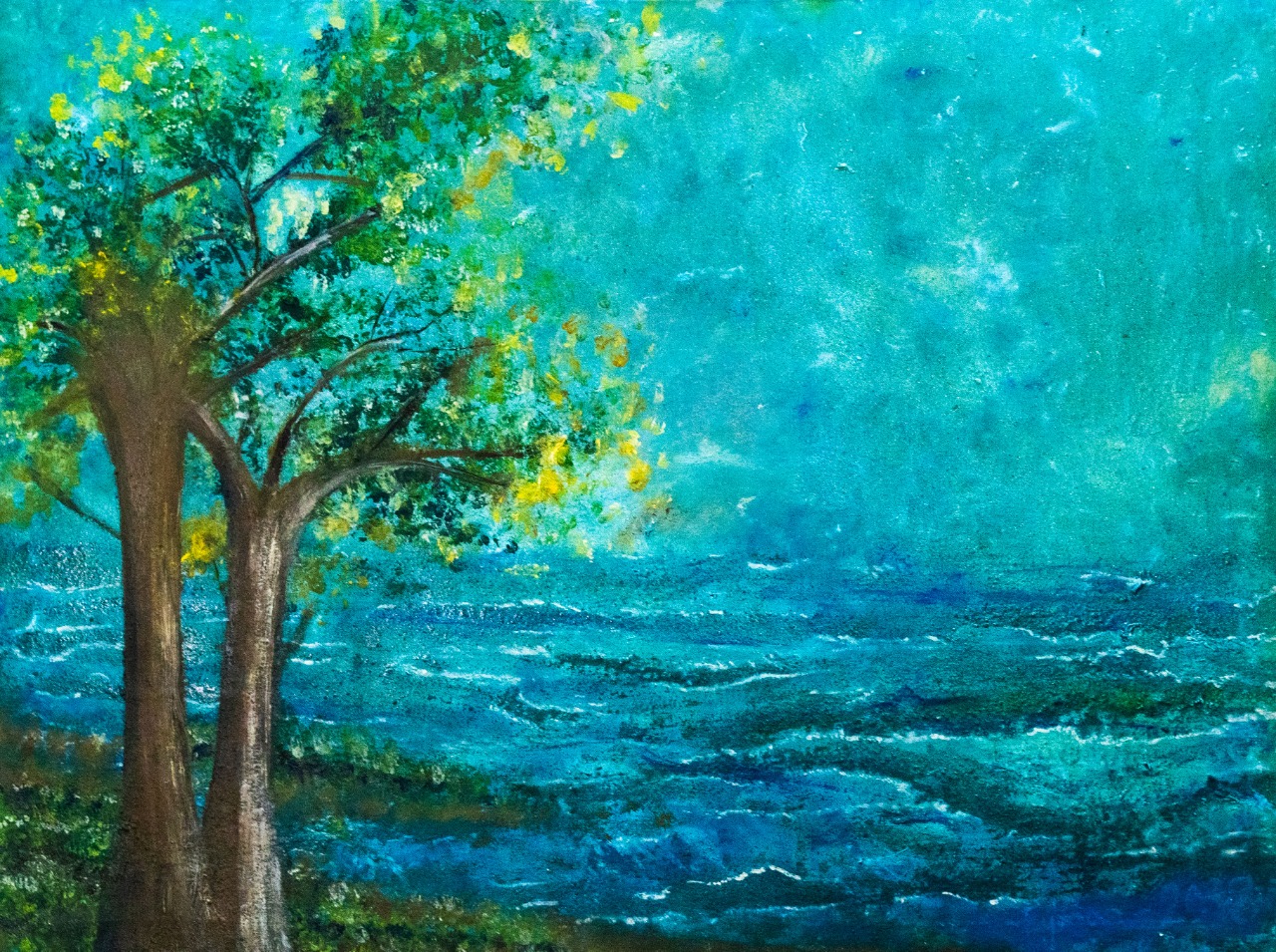In our busy world, many people feel overwhelmed by the stress of daily life. The constant exposure to screens, artificial lighting, and urban environments and the pressures we face can take a toll on our mental health. But there’s a remedy that has been around for centuries – nature. In a world dominated by screens and stress, spending time in nature can provide a much-needed escape and help alleviate the burden of mental health issues. Whether it’s a hike in the mountains, a leisurely stroll through a park, or simply sitting by a tranquil lake, being in nature has been proven to have a positive impact on mental wellbeing.
Nature’s Magic for Mental Well-being
When it comes to mental health, nature has a kind of magic. Research by Bratman and his team in 2019 found that being in natural places can make people feel less anxious and sad. Nature seems to have a special power to calm our minds and make us feel better. In 1984, Ulrich showed that even just looking at nature through a window can help people recover from surgery.
Hence, This connection between humans and nature is deep-rooted, returning to our ancestors who relied on nature for survival. Nature isn’t just pretty to look at; it’s also good for our mental well-being. This deep connection we have with nature, often called biophilia, is essential for our mental health. As we navigate our busy lives, remembering this connection can help us find peace and balance.
Getting to Know Yourself with Nature
Understanding ourselves is crucial for good mental health. Nature provides the perfect setting for self-discovery. Kaplan, in 1995, highlighted the importance of being aware of ourselves. Nature’s quiet surroundings act like a canvas for us to explore our thoughts and feelings. It’s like a reset button for our minds.
Have you heard of ‘forest bathing’? It’s a Japanese tradition where people take slow walks in nature, paying attention to everything around them. This helps clear the mind and reduce stress. Nature becomes a place where we can be present in the moment, gaining insights into ourselves.
Therapy in Nature’s Embrace
Nature isn’t just a backdrop; it’s also becoming a tool for therapists. Ecotherapy, or nature-based therapy, is gaining popularity. Imagine having therapy sessions while hiking or camping. Studies have shown this kind of therapy can reduce feelings of sadness and improve overall well-being. Wilderness therapy takes it a step further, helping people dealing with tough issues like addiction and anxiety.
In wilderness therapy, being surrounded by nature becomes a way to heal. The challenges faced in the wilderness mirror life’s challenges, and overcoming them builds inner strength. Nature becomes a partner in the therapeutic journey.
The Role of Nature in Healing Childhood Trauma
When people go through tough experiences in their childhood, it can affect their mind and feelings even when they grow up. Nature, like being in parks or natural environments, can be like a helpful friend in making them feel better. However, research suggests that exposure to nature can be particularly beneficial for individuals with a history of trauma. The soothing qualities of natural settings can create a sense of safety, promoting relaxation and easing the heightened state of alertness often associated with trauma survivors. Moreover, nature’s beauty and serenity offer a counterbalance to the distressing memories that may linger from childhood experiences.
Nature-based interventions such as ecotherapy and wilderness therapy can provide powerful avenues for processing and healing childhood trauma. By immersing ourselves in natural environments, we may find new ways to connect with ourselves and begin to heal from deep-seated wounds. If you’re interested in gaining a deeper understanding of how childhood trauma shapes our personalities in adulthood, I highly recommend checking out my article on the subject.
Bringing Nature Indoors for Healing
Nature’s healing power isn’t limited to the great outdoors; it can come indoors too. Biophilia, our natural love for nature, has led to biophilic design principles. This means bringing nature elements into our homes and workplaces. Plants, natural light, and outdoor views can improve our mood and thinking.
Simple things like having plants inside can make a big difference. Biophilic design is like having a bit of the outdoors inside with us. Nature-based therapies can take various forms, including wilderness therapy, horticultural therapy, and animal-assisted therapy. Additionally, these approaches often involve guided outdoor activities, interaction with plants or animals, and reflection in natural settings. By combining the therapeutic benefits of nature with evidence-based treatment techniques, these programs provide individuals with a holistic approach to healing.
Nature – A Guide to a Balanced and Resilient Life
Nature isn’t only helpful in therapy sessions or special activities; it can be part of our everyday lives.
- Mindful Walks: Take slow walks in parks, paying attention to the sights, sounds, and smells. This helps clear the mind and reduces stress. Take a walk in the park during your lunch break.
- Nature Journaling: Spend quiet time in nature and jot down thoughts and feelings. Nature journaling is like talking to nature and can bring clarity.
- Outdoor Group Activities: Joining outdoor clubs or groups can create a sense of community and support. Being with others outdoors fosters positive connections. Hiking: Exploring scenic trails and immersing oneself in nature’s beauty while getting a good workout.
- Digital Detox in Nature: Take a break from screens for a day and spend time in nature. It’s like giving our minds a break from the constant buzz of technology. Create a small outdoor space on your balcony or windowsill with potted plants.
- Plan weekend getaways to nearby natural areas to disconnect from the urban chaos. Visit local gardens, parks, or botanical centers on weekends.
- Gardening Connecting with the earth and reaping the benefits of cultivating plants and flowers.
- Wildlife observation Observing and learning about various species of wildlife, fostering a sense of curiosity and wonder.
- Yoga or meditation in nature: Combining the benefits of mindfulness and nature to achieve a state of calm and relaxation.
Conclusion
In the face of growing mental health challenges, embracing nature’s therapeutic potential can be a game-changer. Nature offers a holistic approach to mental well-being that stretches from the great outdoors to our indoor spaces and into our daily lives. If you want to learn more about the current situation of Surge in Global Mental Health Crises and insights from this year to improve 2024, please read my article on this topic. Let’s take the step towards a healthier and more balanced life by embracing nature and outdoor activities. By working together and integrating nature into our daily routine, we can naturally cure ourselves and create a more resilient society.
References:
Bratman, G. N., Hamilton, J. P., Hahn, K. S., Daily, G. C., & Gross, J. J. (2019). Nature experience reduces rumination and subgenual prefrontal cortex activation. Proceedings of the National Academy of Sciences, 116(20), 9584-9589.
Gass, M. A., Gillis, H. L., & Russell, K. C. (2012). Adventure therapy: Theory, research, and practice. Routledge.
Jordan, M., Hinds, J., & Mackenzie, C. (2017). Ecotherapy: Theory, research, and practice. Macmillan International Higher Education.
Kaplan, S. (1995). The restorative benefits of nature: Toward an integrative framework. Journal of Environmental Psychology, 15(3), 169-182.
Ryan, C. O., Browning, W. D., Clancy, J. O., Andrews, S. L., & Kallianpurkar, N. B. (2014). Biophilic design patterns: Emerging nature-based parameters for health and well-being in the built environment. International Journal of Architectural Research, 8(1), 62-76.
Ulrich, R. S. (1984). View through a window may influence recovery from surgery. Science, 224(4647), 420-421.









[…] crucial for memory and emotional regulation (Hölzel et al., 2011). Please go through my article The Magic of Nature Can Energise Mental Health and Wellbeing for understanding how nature can help you practise mindfullness and improve your overall mental and […]
[…] those struggling with trauma, understanding its effects on imagination may provide a sense of validation and hope. This awareness can be the first step toward healing, […]